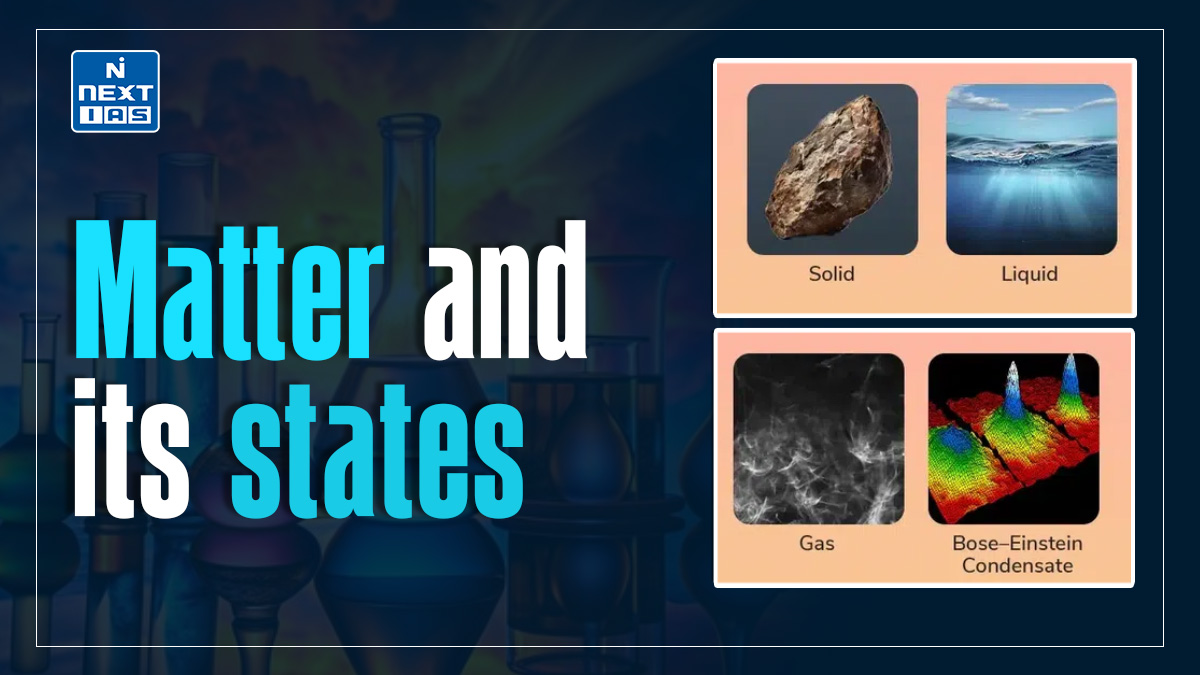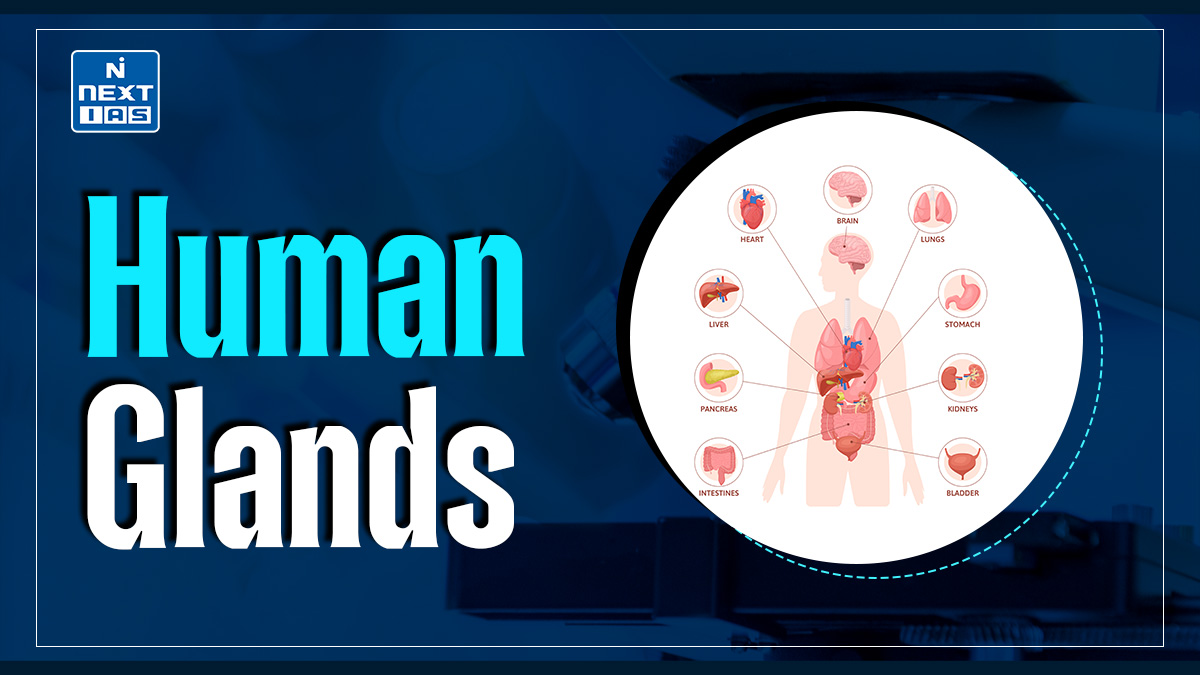
Nutrients are essential compounds in food that the body requires for energy, growth, and overall health. They include macronutrients (carbohydrates, proteins, fats) and micronutrients (vitamins, minerals). Each plays a vital role in maintaining bodily functions, supporting immunity, and promoting development, making a balanced diet crucial for optimal well-being.
About the Nutrients
- Nutrients are vital substances the body requires to function properly, grow, and maintain overall health. They are broadly categorized into macronutrients and micronutrients.
- Macronutrients, including carbohydrates, proteins, and fats, provide energy and are needed in larger amounts. Carbohydrates are the body’s primary energy source, proteins are essential for building and repairing tissues, and fats support cell structure and energy storage.
- Micronutrients, such as vitamins and minerals, are required in smaller quantities but play a critical role in various physiological processes. Vitamins help boost immunity, support metabolism, and protect against diseases, while minerals like calcium and iron are crucial for bone health and oxygen transport.
- Water, though often overlooked, is another essential nutrient that aids digestion, regulates body temperature, and facilitates chemical reactions.
- A balanced diet, rich in a variety of nutrients, is key to maintaining energy levels, preventing deficiencies, and promoting long-term health and vitality.
Types of Nutrients
Nutrients are classified into six main types, each playing a specific role in maintaining health and supporting bodily functions. These are:
Carbohydrates
- Provide the primary source of energy for the body.
- Found in foods like bread, rice, fruits, and vegetables.
Proteins
- Essential for building and repairing tissues, enzymes, and hormones.
- Found in meat, fish, eggs, beans, and nuts.
Fats
- Provide long-term energy storage and support cell membranes.
- Healthy fats include those from avocados, nuts, and olive oil.
Read our detailed article on Fats.
Vitamins
- Organic compounds needed for various biochemical processes, such as immunity and metabolism.
- Examples: Vitamin C (immunity), Vitamin D (bone health).
Read our detailed article on Vitamins.
Minerals
- Inorganic elements like calcium, iron, and potassium crucial for bone strength, oxygen transport, and muscle function.
Water
- Facilitates digestion, regulates temperature, and aids nutrient absorption.
A balanced diet ensures the body receives all these nutrients in the right amounts.
Functions of Nutrients
Nutrients perform vital functions essential for the body’s growth, repair, and overall health. Below are the key functions of each nutrient type:
- Carbohydrates
- Provide energy to fuel daily activities and bodily functions.
- Support brain function and maintain blood sugar levels.
- Proteins
- Build and repair tissues, muscles, and organs.
- Produce enzymes, hormones, and antibodies essential for various biological processes.
- Fats
- Serve as a long-term energy source and protect vital organs.
- Support brain function, cell structure, and absorption of fat-soluble vitamins (A, D, E, K).
- Vitamins
- Regulate body processes, including immunity, vision, skin health, and energy production.
- Example: Vitamin C boosts immunity, while Vitamin D strengthens bones.
- Minerals
- Support bone health (calcium), oxygen transport (iron), and fluid balance (potassium, sodium).
- Play roles in muscle contraction and nervous system function.
- Water
- Maintains hydration, aids digestion, and regulates body temperature.
- Supports nutrient transportation and waste elimination.
Together, these nutrients ensure the body operates efficiently, promoting overall health and vitality.
Recents Developments in the Field of Nutrients
Recent advancements in nutrition science have led to significant developments aimed at enhancing public health and dietary practices. Notable progress includes:
- Biofortification of Vegetables
- Researchers at Spain’s Universitat Politècnica de València have developed a biofortified lettuce containing 30 times more beta-carotene, a precursor to vitamin A. This innovation addresses micronutrient deficiencies without compromising flavor or scent, representing a significant step in improving nutrition through biofortification of leafy greens.
- Updated Dietary Guidelines
- A panel of nutrition experts has released new dietary recommendations for the 2025-2030 guidelines, emphasizing increased consumption of beans, peas, lentils, and reduced intake of red and processed meats, starchy vegetables, added sugars, sodium, and saturated fats. The panel also highlighted the need to account for factors such as income, race, ethnicity, and culture, aiming for a more inclusive approach towards dietary guidance.
- Trends in Food and Nutrition
- EatingWell has identified ten major food and nutrition trends expected to dominate 2025. These include the persistence of the anti-inflammatory diet, a rising interest in tea for its health benefits, increased popularity of tropical fruits, dates as a substitute for added sugar, resurgence of honey mustard, growth in high-protein ingredients, favorability of canned foods, focus on cognitive health, scrutiny of over-the-counter weight-loss supplements, and popularity of calming mocktails among those opting for a sober lifestyle.
- Nutrient-Dense Foods
- Watercress has been identified as the most nutrient-dense vegetable, surpassing kale. This finding underscores the importance of incorporating a variety of nutrient-rich foods into diets to enhance health outcomes.
- These developments reflect a growing emphasis on personalized nutrition, sustainable food sources, and the integration of technology to promote healthier dietary habits globally.
Way Forward
To ensure optimal nutrient intake, prioritize a balanced diet rich in whole foods, including fruits, vegetables, lean proteins, whole grains, and healthy fats. Minimize processed foods and added sugars. Incorporate variety to cover essential vitamins and minerals. Stay hydrated, and consider fortified foods or supplements if dietary gaps exist. Practice mindful eating to maintain healthy portion sizes. For specific needs, consult a dietitian or healthcare professional to create a tailored plan, especially for managing deficiencies or health conditions.
Conclusion
Nutrients are essential compounds that sustain life, supporting growth, energy, and overall health. A balanced intake of macronutrients (carbohydrates, proteins, fats) and micronutrients (vitamins, minerals) promotes optimal body function. Proper nutrition prevents deficiencies, boosts immunity, and enhances well-being, underscoring the importance of maintaining a diverse, nutrient-rich diet for a healthy lifestyle.
GS - 3





